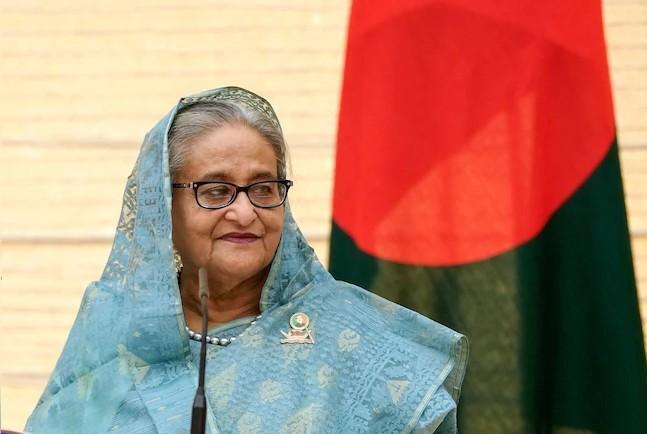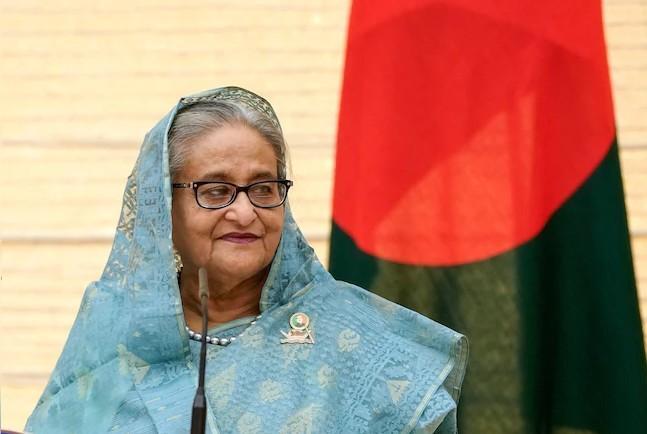
Title: CBFC cuts words like ‘pradhan mantri’ & ‘chaiwala’ from Murderbaad
The Central Board of Film Certification (CBFC) has been in the news lately for its decisions to edit out words, phrases, and even entire dialogues from films in an effort to maintain a certain level of decorum and morality. The latest instance of this is the case of the upcoming film ‘Murderbaad’, which has been instructed by the CBFC to edit out words such as ‘pradhan mantri’ and ‘chaiwala’ from a dialogue.
Director Arnab Chatterjee has expressed his disappointment and frustration with the CBFC’s decision, stating that the words in question were used in a benign and aspirational manner, and were far from any political stance. The film has received an ‘A’ certification, which is the highest rating given by the CBFC.
The controversy surrounding the film began when the CBFC instructed the makers of ‘Murderbaad’ to edit out the words ‘pradhan mantri’ and ‘chaiwala’ from a dialogue in the film. The dialogue in question was a humorous exchange between two characters, in which one of them jokingly referred to the other as a ‘chaiwala’ (tea-seller) and the other responded by saying that he was actually a ‘pradhan mantri’ (a prime minister).
However, the CBFC deemed the dialogue to be offensive and instructed the makers of the film to edit it out. The makers of the film have expressed their disappointment and frustration with the CBFC’s decision, and have stated that they will not be editing the dialogue out of the film.
The controversy surrounding the film has raised questions about the role of the CBFC and its decision-making process. The CBFC is responsible for certifying films and ensuring that they comply with certain standards and guidelines. However, some have argued that the CBFC’s decisions are often arbitrary and based on personal opinions rather than objective criteria.
In the case of ‘Murderbaad’, the CBFC’s decision to edit out the words ‘pradhan mantri’ and ‘chaiwala’ has been met with widespread criticism and outrage. Many have taken to social media to express their frustration and disappointment with the CBFC’s decision, with some even calling for the resignation of the CBFC’s chairman.
The controversy surrounding the film has also raised questions about the impact that the CBFC’s decisions can have on the film industry. The CBFC’s strict guidelines and censorship can stifle creativity and innovation, and can prevent filmmakers from exploring complex and sensitive themes.
In conclusion, the controversy surrounding the film ‘Murderbaad’ is just the latest example of the CBFC’s over-zealous approach to censorship. The CBFC’s decision to edit out the words ‘pradhan mantri’ and ‘chaiwala’ from the film is a clear example of the CBFC’s arbitrary and subjective decision-making process.
The CBFC’s role is to certify films and ensure that they comply with certain standards and guidelines. However, the CBFC’s decisions are often based on personal opinions rather than objective criteria, and can have a significant impact on the film industry.
As the film industry continues to evolve and change, it is essential that the CBFC adapt and evolve with it. The CBFC must ensure that its decisions are based on objective criteria and are not influenced by personal opinions or biases.
The controversy surrounding the film ‘Murderbaad’ is a wake-up call for the CBFC, and highlights the need for the CBFC to be more transparent and accountable in its decision-making process. The CBFC must ensure that its decisions are fair and reasonable, and do not stifle creativity and innovation in the film industry.





